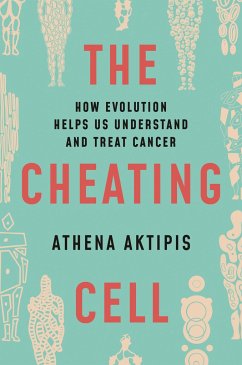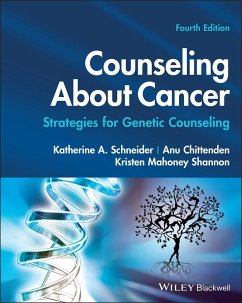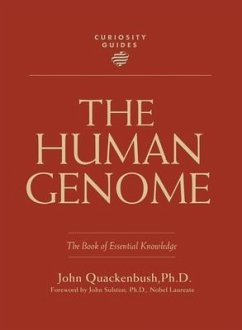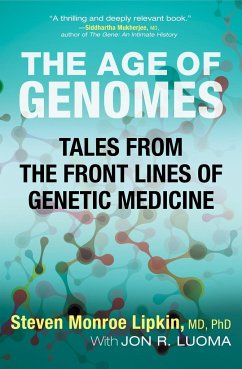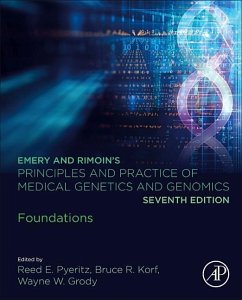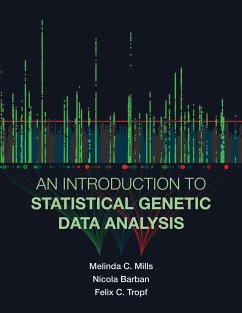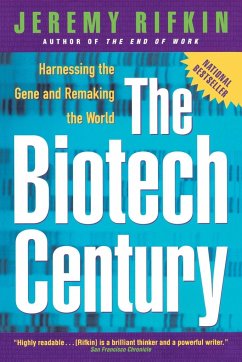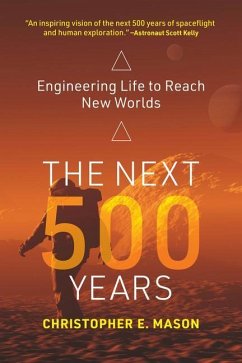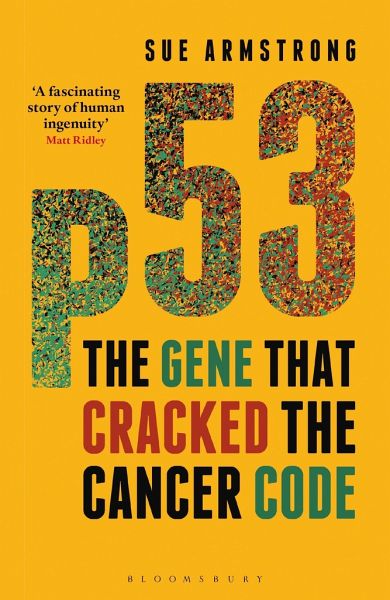
P53
The Gene That Cracked the Cancer Code

PAYBACK Punkte
9 °P sammeln!
The BMA Medical Book Award-shortlisted story of the search for p53 - the most important gene in medicine.All of us have lurking in our DNA a most remarkable gene, which has a crucial job - it protects us from cancer. Known simply as p53, this gene constantly scans our cells to ensure that they grow and divide without mishap. If a cell makes a mistake in copying its DNA during the process of division, p53 stops it in its tracks, summoning a repair team before allowing the cell to carry on dividing. If the mistake is irreparable and the rogue cell threatens to grow out of control, p53 commands t...
The BMA Medical Book Award-shortlisted story of the search for p53 - the most important gene in medicine.
All of us have lurking in our DNA a most remarkable gene, which has a crucial job - it protects us from cancer. Known simply as p53, this gene constantly scans our cells to ensure that they grow and divide without mishap. If a cell makes a mistake in copying its DNA during the process of division, p53 stops it in its tracks, summoning a repair team before allowing the cell to carry on dividing. If the mistake is irreparable and the rogue cell threatens to grow out of control, p53 commands the cell to commit suicide. Cancer cannot develop unless p53 itself is damaged or prevented from functioning normally.
This book tells the story of medical science's mission to unravel the mysteries of this crucial gene, and to get to the heart of what happens in our cells when they turn cancerous. Through the personal accounts of key researchers, p53: The Gene that Cracked the Cancer Code reveals the fascination of the quest for scientific understanding, as well as the excitement of the chase for new cures - the hype, the enthusiasm, the lost opportunities, the blind alleys, and the breakthroughs. And as the long-anticipated revolution in cancer treatment tailored to individual patient's symptoms begins to take off at last, p53 remains at the cutting edge.
This tale of scientific discovery highlights the tremendous recent advances made in our understanding of cancer, a disease that affects more than one in three of us at some point in our lives.
All of us have lurking in our DNA a most remarkable gene, which has a crucial job - it protects us from cancer. Known simply as p53, this gene constantly scans our cells to ensure that they grow and divide without mishap. If a cell makes a mistake in copying its DNA during the process of division, p53 stops it in its tracks, summoning a repair team before allowing the cell to carry on dividing. If the mistake is irreparable and the rogue cell threatens to grow out of control, p53 commands the cell to commit suicide. Cancer cannot develop unless p53 itself is damaged or prevented from functioning normally.
This book tells the story of medical science's mission to unravel the mysteries of this crucial gene, and to get to the heart of what happens in our cells when they turn cancerous. Through the personal accounts of key researchers, p53: The Gene that Cracked the Cancer Code reveals the fascination of the quest for scientific understanding, as well as the excitement of the chase for new cures - the hype, the enthusiasm, the lost opportunities, the blind alleys, and the breakthroughs. And as the long-anticipated revolution in cancer treatment tailored to individual patient's symptoms begins to take off at last, p53 remains at the cutting edge.
This tale of scientific discovery highlights the tremendous recent advances made in our understanding of cancer, a disease that affects more than one in three of us at some point in our lives.




